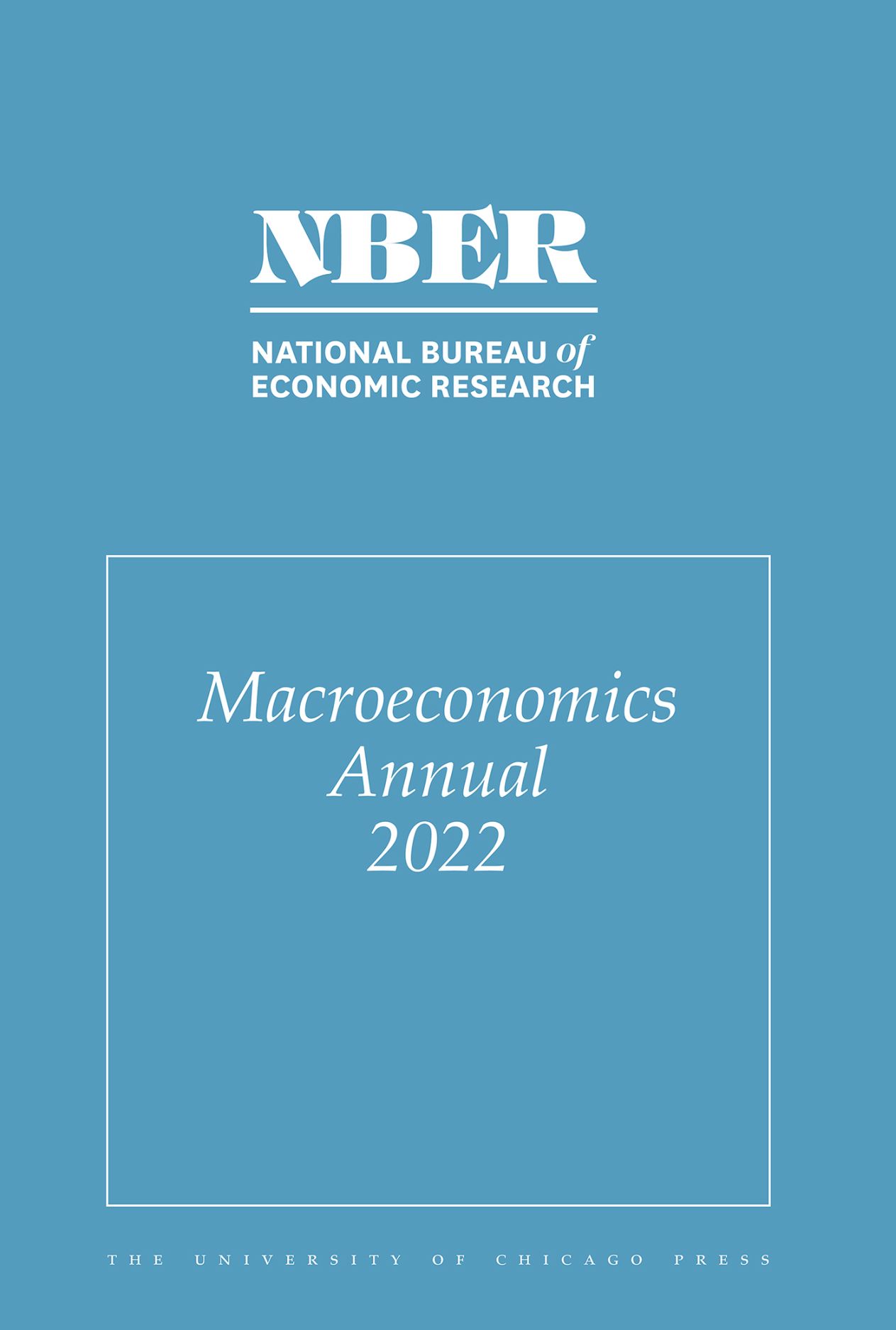储蓄过剩与双赤字:开放经济中财政刺激的传导
IF 10.7
1区 经济学
Q1 ECONOMICS
引用次数: 10
摘要
2020年以来,世界经济出现了三个突出事实。首先,全球私人储蓄大幅增加,尤其是在美国。第二,美国经常账户赤字增加,而世界其他地区则出现相应的盈余。第三,全球财政赤字大幅增加,尤其是美国。在本文中,我们认为第三个事实导致了前两个事实。我们是在一个多国异质性代理模型的背景下这样做的,在这个模型中,赤字融资的财政转移同时导致私人储蓄(“过剩储蓄”)和持续的经常账户赤字(“双赤字”)的大幅增加。我们的模型也与这一时期美国支票账户余额的分布相一致:在模型和数据中,在财政转移后的几个季度,大部分过剩储蓄由富人持有。在这一点上,过剩储蓄的支出仍然对需求有贡献,但它受到富人低边际消费倾向的限制。本文章由计算机程序翻译,如有差异,请以英文原文为准。
Excess Savings and Twin Deficits: The Transmission of Fiscal Stimulus in Open Economies
Three salient facts have emerged in the world economy since 2020. First, a large increase in private savings around the world, especially in the United States. Second, an increase in the current account deficit in the United States, with a corresponding surplus in the rest of the world. Third, a large increase in the fiscal deficit around the world, especially in the United States. In this paper, we argue that the third fact caused the first two. We do so in the context of a many-country heterogeneous-agent model in which deficit-financed fiscal transfers simultaneously lead to a large increase in private savings (“excess savings”) and persistent current account deficits (“twin deficits”). Our model is also consistent with the distribution of U.S. checking account balances over this period: in the model and the data, a few quarters after a fiscal transfer, most of the excess savings are held by the rich. At this point, there is still a contribution to demand from spending down excess savings, but it is limited by the low marginal propensities to consume of the rich.
求助全文
通过发布文献求助,成功后即可免费获取论文全文。
去求助
来源期刊

Nber Macroeconomics Annual
ECONOMICS-
CiteScore
5.10
自引率
0.00%
发文量
23
期刊介绍:
The Nber Macroeconomics Annual provides a forum for important debates in contemporary macroeconomics and major developments in the theory of macroeconomic analysis and policy that include leading economists from a variety of fields.
 求助内容:
求助内容: 应助结果提醒方式:
应助结果提醒方式:


